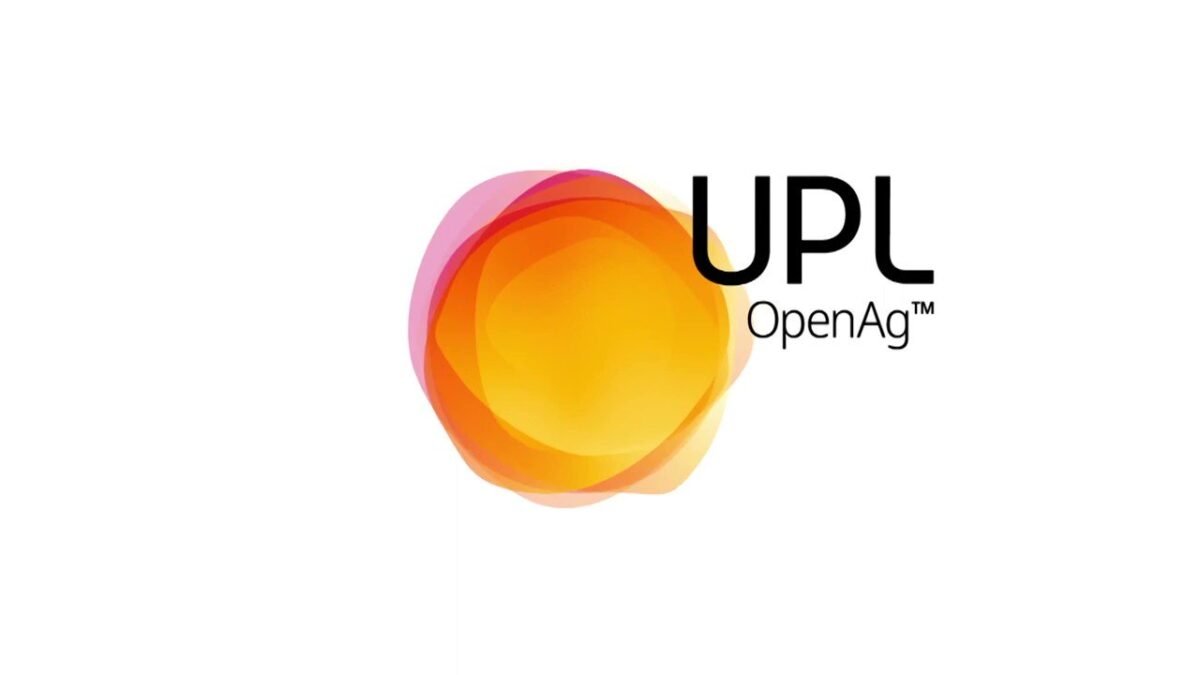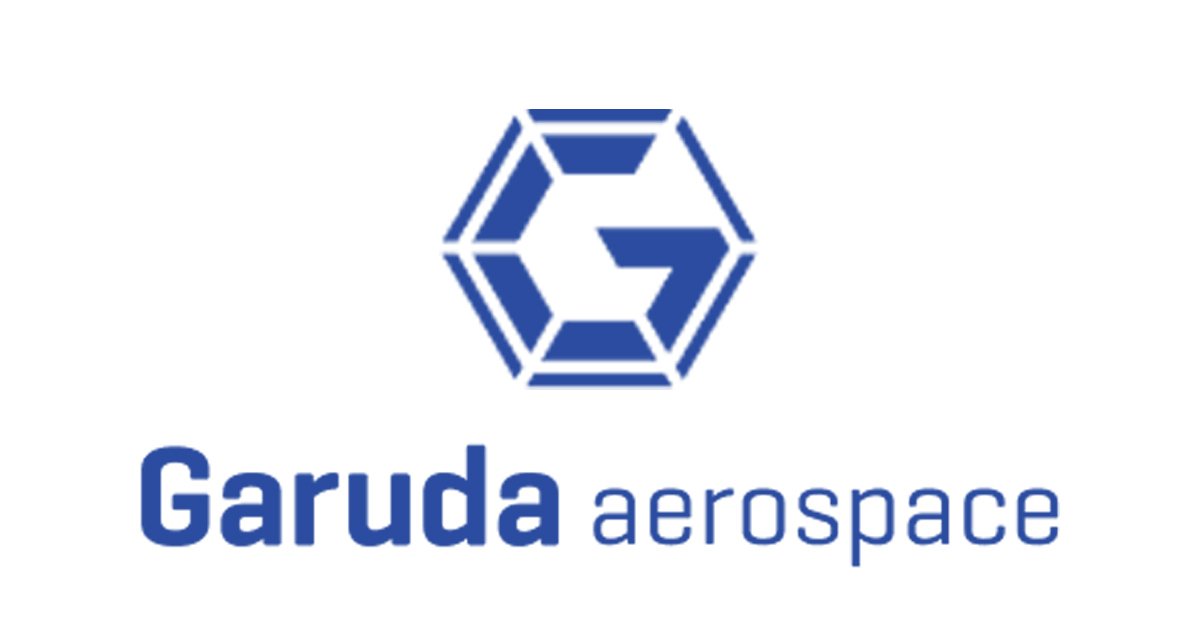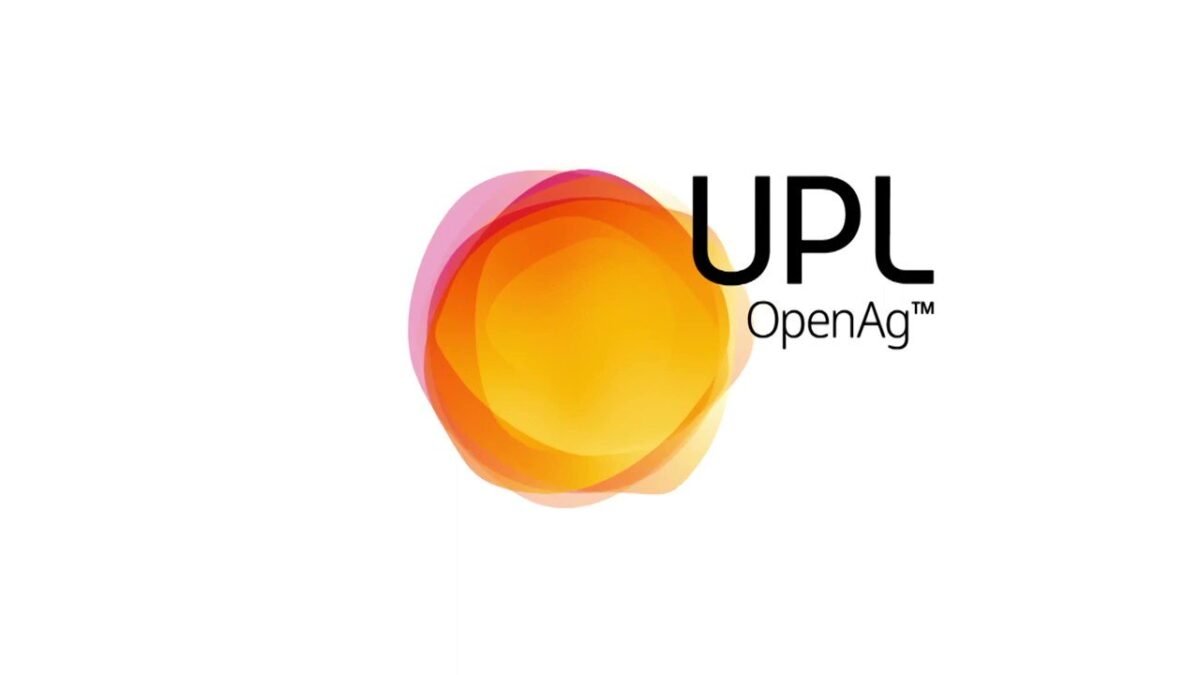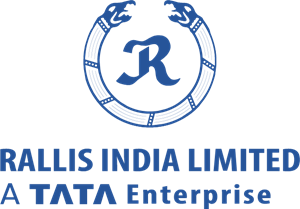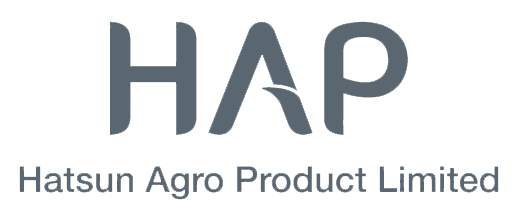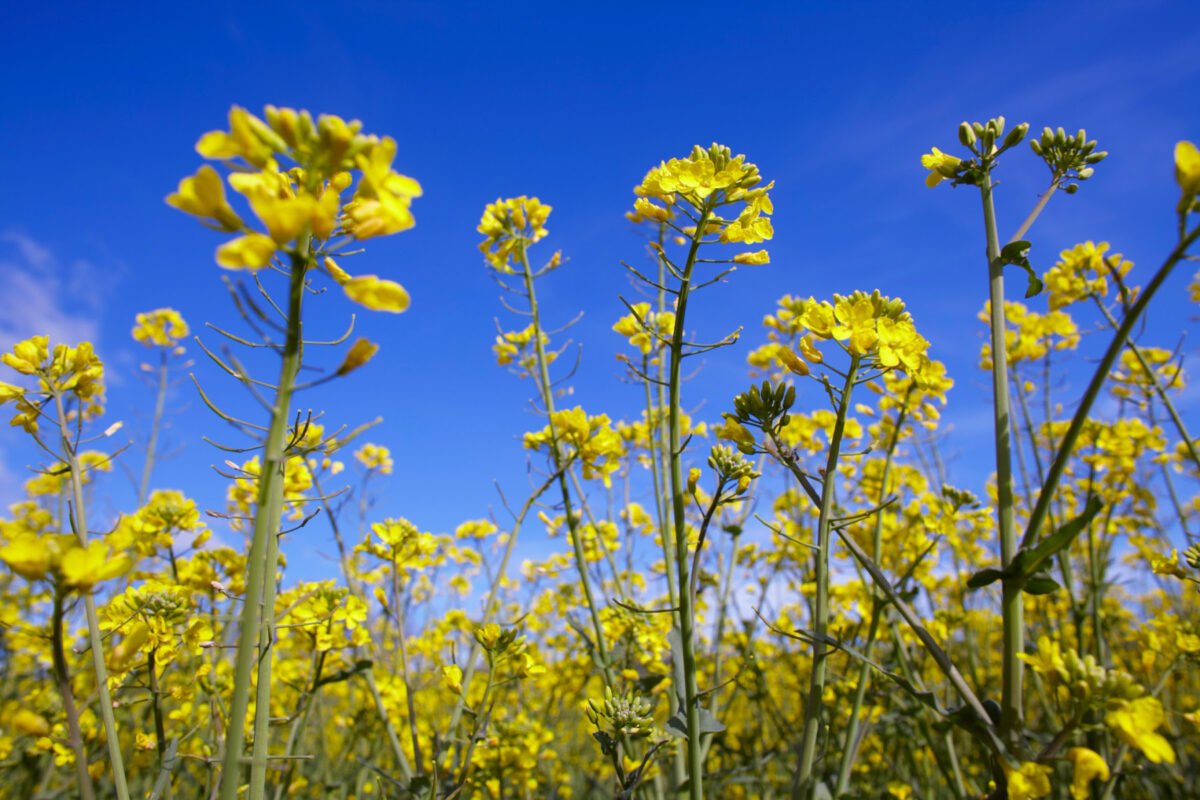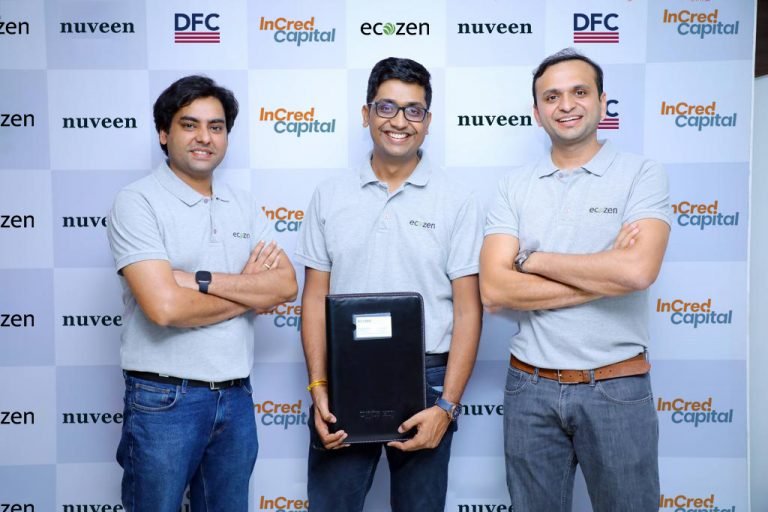TiE50 Awards 2024 recognises Garuda Aerospace as a game changer in drone technology
This global recognition highlights Garuda Aerospace’s pioneering spirit and its commitment to developing cutting-edge drone technologies.
India’s leading drone manufacturer Garuda Aerospace, is honoured to be recognised as the winner at the international TiE50 Award 2024 for its leading innovation and technology in the drone industry. This global recognition highlights Garuda Aerospace’s exceptional achievements, its pioneering spirit and its commitment to developing cutting-edge drone technologies. The win positions India as a key player in the global drone industry.
The highly competitive annual award attracted participation from thousands of promising startups across the world. Garuda Aerospace emerged victorious post a rigorous selection process involving multiple rounds. Marking its 14th year, the TiE50 awards have been a hallmark of identifying and honoring the most impactful and disruptive technology-enabled startups.
Garuda Aerospace will be felicitated at the grand stage with the TiE50 winner trophy at the TiEcon 2024. TiEcon is a premier global tech conference designed for leading entrepreneurs, corporate executives, and investors.
Elated on the win, Agnishwar Jayprakash, CEO and Founder, Garuda Aerospace said, “We are honored to be recognized as a TiE50 Award Winner. This award is a validation of our team’s hard work and unwavering dedication. Garuda Aerospace is proud to represent India at an international level and position India as a global drone hub. We are committed to pushing the boundaries with continuous research and innovation, thereby contributing to the advancement of drone technology worldwide.”
Backed by MS Dhoni, Garuda Aerospace is shaping the future of drone ecosystem in the country. Recently, the company secured orders of high-tech quadcopter drones from ISRO. Garuda Aerospace also dominates the drone market with 55 per cent market share in agri drone category and 25 per cent market share across all drones in India.
This global recognition highlights Garuda Aerospace's pioneering





